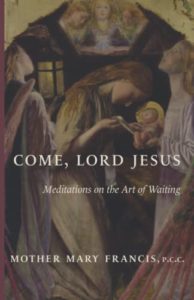Podcast: Play in new window | Download (Duration: 3:16 — 2.4MB) | Embed
Subscribe: Apple Podcasts | Spotify | Amazon Music | Android | Pandora | iHeartRadio | JioSaavn | Podchaser | Gaana | Podcast Index | Email | TuneIn | Deezer | Anghami | RSS | More
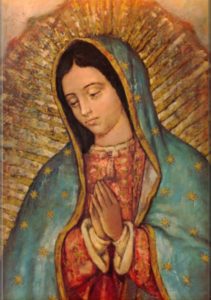
Novena a la Virgen de Guadalupe
En el nombre del Padre, del Hijo y del Espíritu Santo. Amén.
“Señor mío, Jesucristo, Dios y Hombre verdadero, creador y redentor mío, por ser vos quien sois, y porque os amo sobre todas las cosas, me pesa de todo corazón haberos ofendido.
Propongo enmendarme y confesarme a su tiempo y ofrezco cuanto hiciere en satisfacción de mis pecados, y confío por vuestra bondad y misericordia infinita, que me perdonaréis y me daréis gracia para nunca más pecar. Así lo espero por intercesión de mi Madre, nuestra Señora la Virgen de Guadalupe. Amén”.
Noveno día
¡Oh Santísima Virgen de Guadalupe! ¿Qué cosa habrá imposible para ti, cuando multiplicando los prodigios, ni la tosquedad ni la grosería del ayate le sirven de embarazo para formar tan primoroso tu retrato, ni la voracidad del tiempo en más de cuatro siglos ha sido capaz de destrozarle ni borrarle?
¡Qué motivo tan fuerte es este para alentar mi confianza y suplicarte que abriendo el seno de tus piedades, acordándote del amplio poder que te dio la Divina Omnipotencia del Señor, para favorecer a los mortales, te dignes estampar en mi alma la imagen del Altísimo que han borrado mis culpas!
No embarco a tu piedad la grosería de mis perversas costumbres, dígnate sólo mirarme, y ya con esto alentaré mis esperanzas; porque yo no puedo creer que si me miras no se conmuevan tus entrañas sobre el miserable de mí. Mi única esperanza, después de Jesús, eres tú, Sagrada Virgen María. Amén.
Padre Nuestro
Padre nuestro, que estás en el cielo, santificado sea tu nombre, venga a nosotros tu reino, hágase tu voluntad, en la tierra como en el cielo. Danos hoy nuestro pan de cada día, perdona nuestras ofensas, como también nosotros perdonamos a los que nos ofenden. No nos dejes caer en la tentación, y líbranos del mal. Amén
Ave Maria
Dios te Salve, María, llena eres de gracia, el Señor está contigo. Bendita tú eres entre todas las mujeres y bendito es el fruto de tu vientre, Jesús. Santa María, Madre de Dios, ruega por nosotros pecadores, ahora y en la hora de nuestra muerte. Amén
Gloria
Gloria al Padre y al Hijo y al Espíritu Santo. Como era en el principio ahora y siempre, por los siglos de los siglos. Amén
Nuestra Señora de Guadalupe, ruega por nosotros. Amén
En el nombre del Padre, del Hijo y del Espíritu Santo. Amén
Para consultar la novena completa, visite:
Novena A La Virgen De Guadalupe – Podcasts De Corazones Discernidores

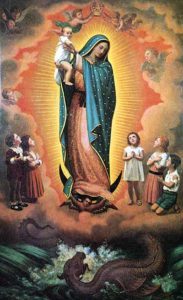
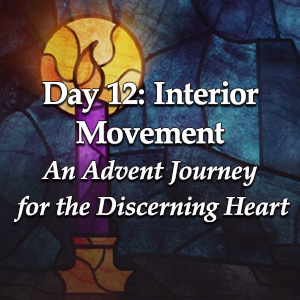 DAY 12 – Interior Movement
DAY 12 – Interior Movement
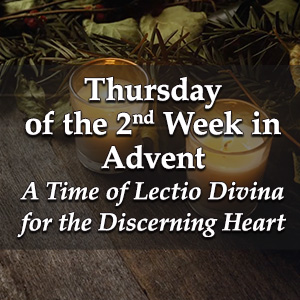 From the Holy Gospel According to St. Matthew 11:11-15
From the Holy Gospel According to St. Matthew 11:11-15
